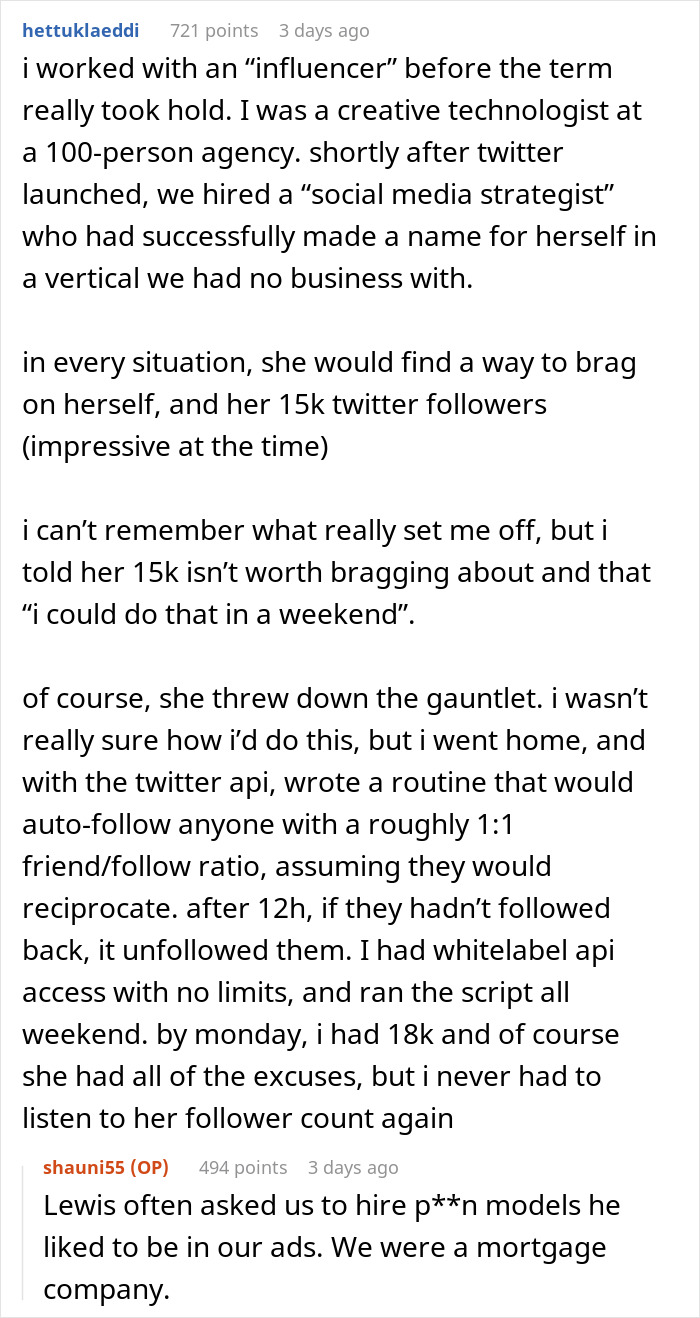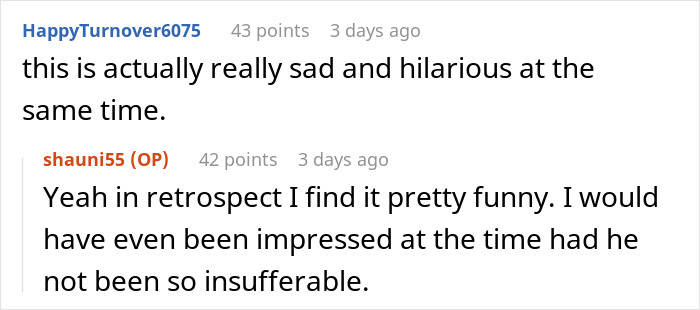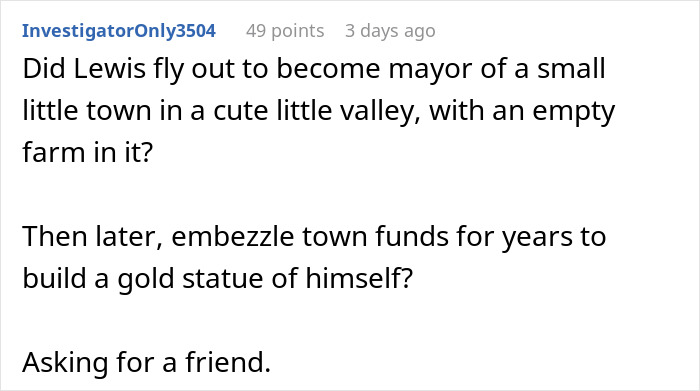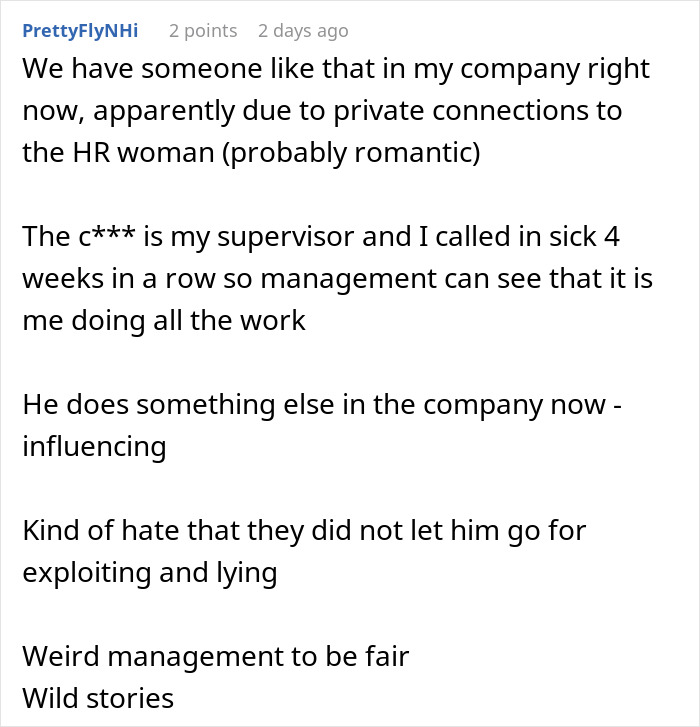The subreddit r/CoworkerStories invites people to share the bizarre, frustrating, and sometimes comical experiences they’ve had on the job. One such post, by user Shauni55, begins innocently enough: a new marketing hire joins a mid-sized company and is introduced to a flashy, well-connected social media manager named Lewis.
But as they got used to everyday operations, the employee started to notice that what seemed like a quirky personality was more of a corporate manipulator. However, there are only so many meetings you can attend without having a clue about what’s going on. Eventually, the lies catch up.
The “fake it til you make it” is a high-variance approach to career planning

Image credits: oneinchpunchphotos (not the actual photo)
Which means there is a good chance you might fall down the ladder instead of climbing it
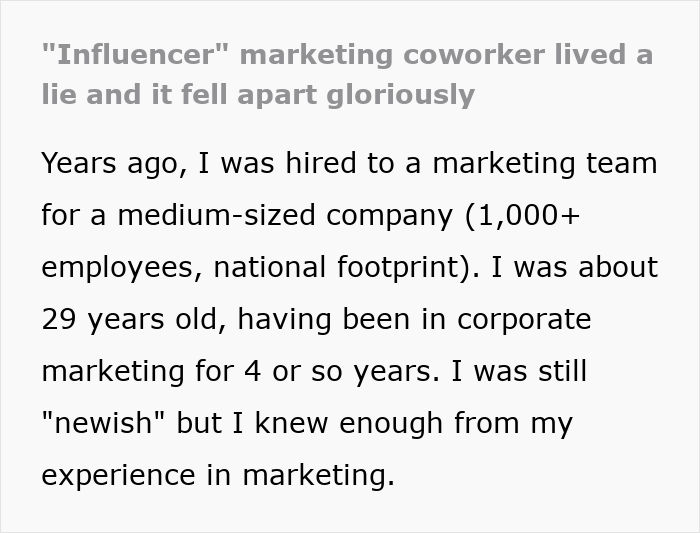
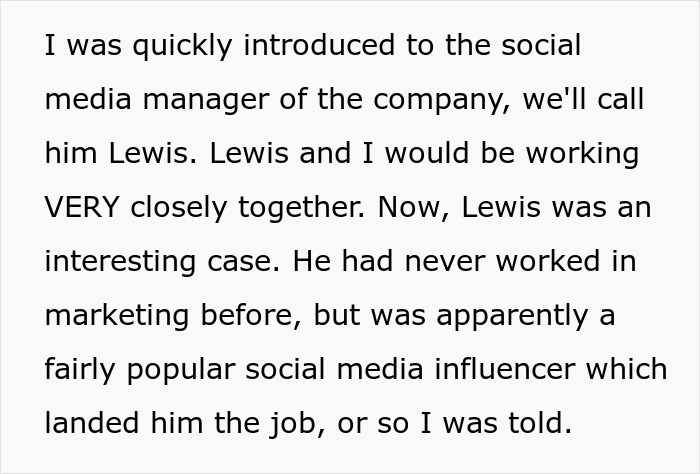
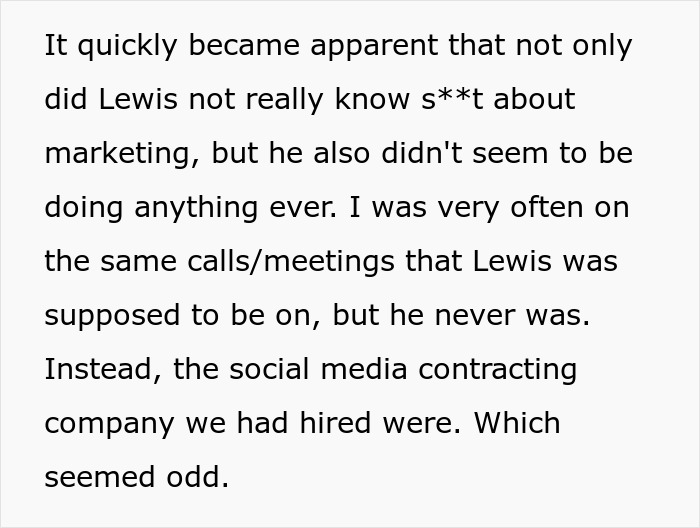
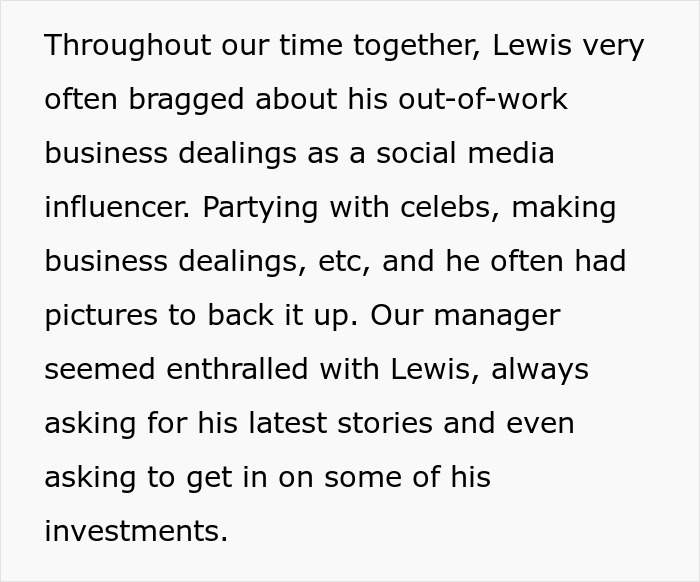
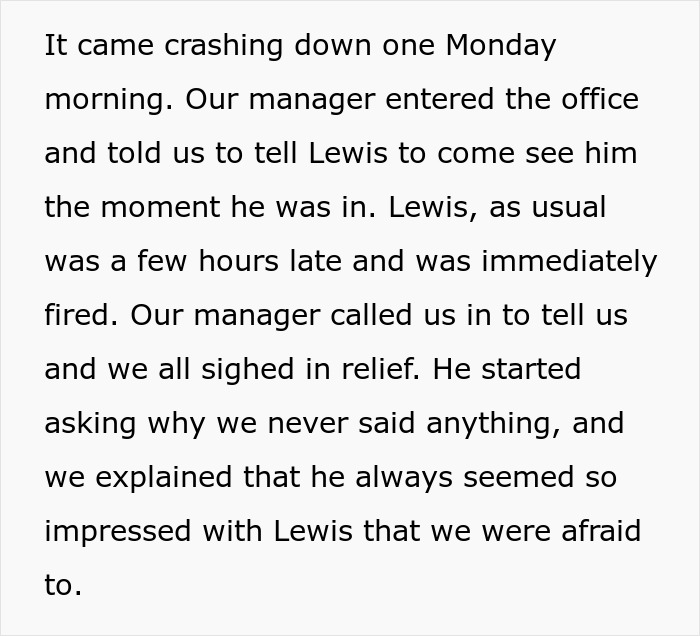

Image credits: Freedomtumz (not the actual photo)
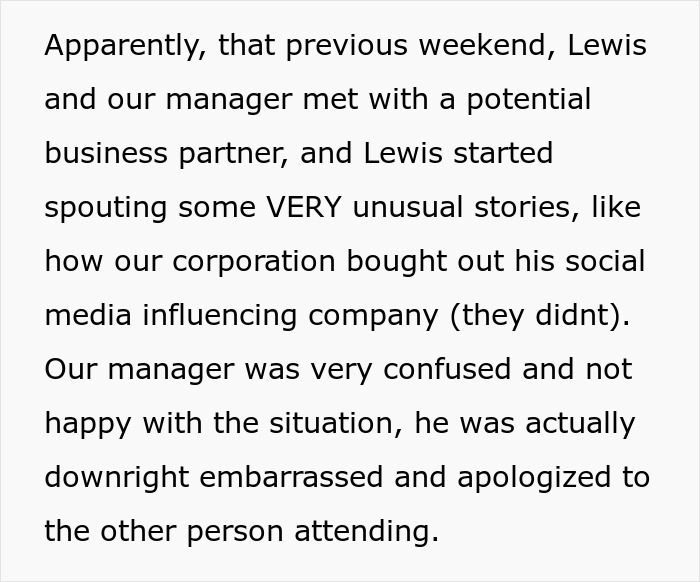
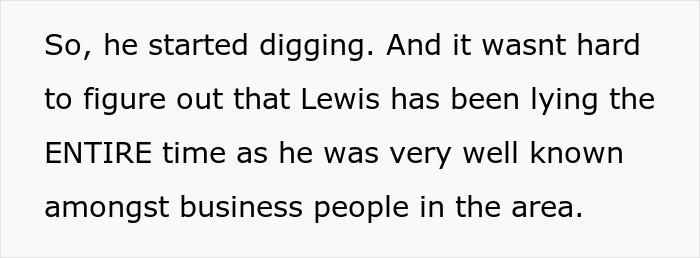
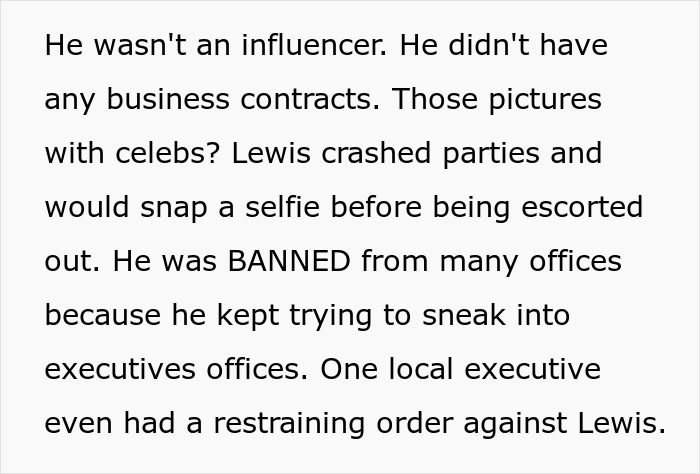
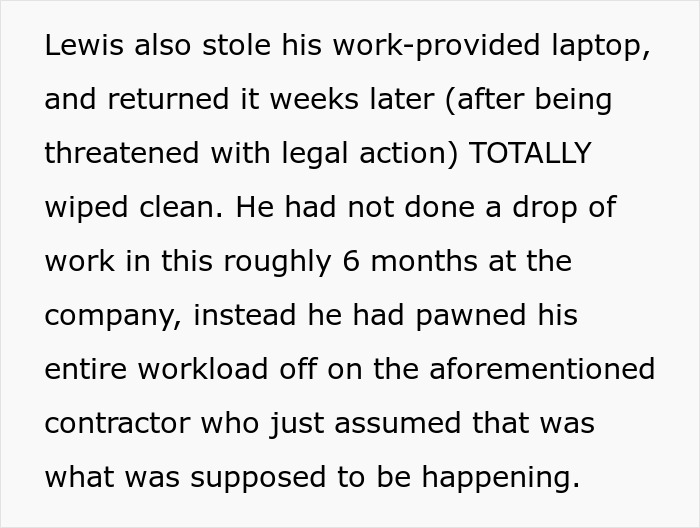

Image credits: shauni55
Fauxductivity is a real thing, but this is just ridiculous
According to a survey from Workhuman, 33% of people say they fake their productivity, and 48% of managers say that it’s a common issue on their team
However, employees say they usually do this out of the need to protect their well-being. The study found that the most common reasons why people engage in fauxductivity are:
- The desire to have a better work-life balance;
- Feeling burned out;
- Not having enough work;
- Unrealistic expectations;
- Wanting to appease management.
Performance and motivation have spillover effects. When people work with others who are engaged and productive, they personally tend to be more engaged and productive.
More particularly, a study by Harvard discovered that when people sit within 25 feet (7.6 meters) of a top employee, their performance increases by 15%.
But it appears that Lewis was more interested in status than in doing any actual work.
You could say that Lewis shouldn’t have gotten the job in the first place, but interviewing isn’t the same thing as working
A study published in the Journal of Applied Research in Memory and Cognition uncovered several approaches to spotting liars based on a job interviewing technique that, funnily enough, backs up the effectiveness of what Elon Musk said he’s been doing for years.
One such technique is called “Asymmetric Information Management” (AIM), and it’s designed to provide an interviewee with a clear means to demonstrate their innocence or guilt to the investigator by providing detailed information. Specifically, interviewers should give clear instructions to interviewees that “if they provide longer, more detailed statements about the event of interest, then the investigator will be better able to detect if they are telling the truth or lying.”
Typically, truth-tellers seek to provide more detailed information in response to such instructions, while liars are more likely to strategically withhold information, hoping it will make it harder for the investigator to expose them.
But while the AIM method can increase the likelihood of detecting liars by nearly 70%, it’s still not bulletproof.
After their story went viral, the employee provided more information about their former manager
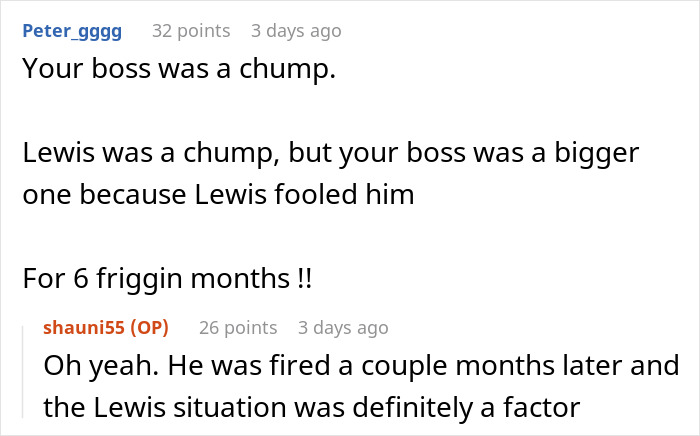
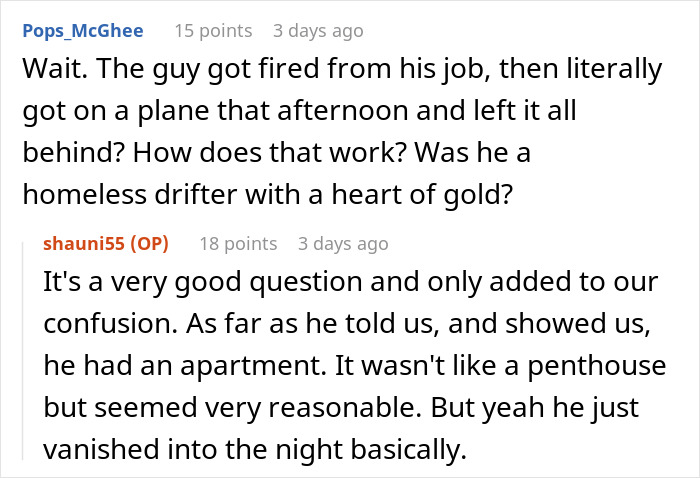
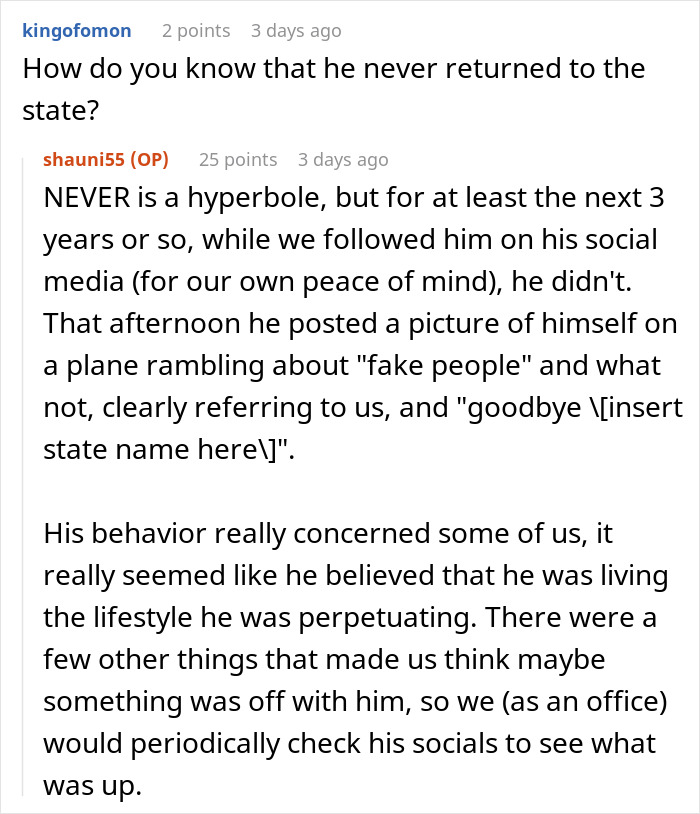
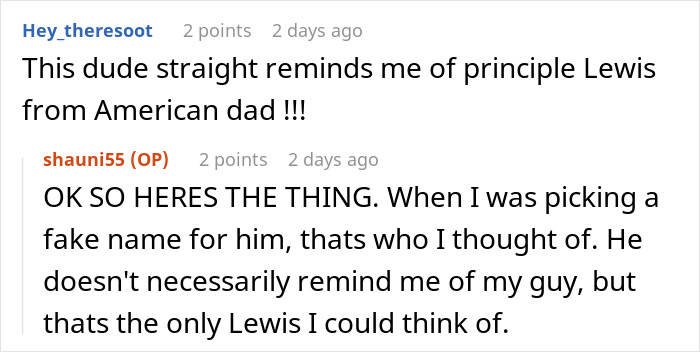

Turns out, these thing happen more often than one might expect

